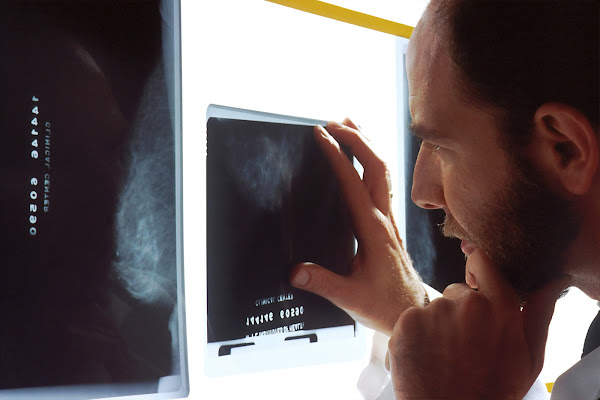For many of us, medical treatment or surgery can be a harrowing experience. With that in mind, it’s important to be aware of what to do if something goes wrong and medical mistreatment occurs – it could happen more often than you would think. To help make sure your rights are respected, we gathered together 6 things that you need to do when faced with this kind of unfortunate situation. From exploring potential legal options to seeking the support and advice of mental health professionals, these 6 steps can help you begin the process of healing and justice. So whether it’s for yourself or a loved one, here's how to respond if medical mistreatment has taken place:
Document the Incident
When it comes to medical mistreatment, documentation is key. You should make sure to take notes of all the details, including what happened, who was involved, and when the incident occurred. Writing this down as soon as possible after the event is essential to have an accurate record of what took place. This can help provide you with a more coherent narrative for future reference and can also be used as evidence should any legal action arise from the incident. By prioritizing good documentation practices, you are putting yourself in the best position possible to defend your rights and get justice following a medical mistreatment experience.
Speak to a lawyer
There is no denying that the aftermath of medical mistreatment can be extremely complicated. However, whether you recently experienced a birth injury, a cancer misdiagnosis, or something else, it is important to speak to a lawyer as soon as possible. As seen at www.hoovermedicalmalpracticelaw.com legal professionals can help you better understand your rights and decide where to take your case from here. From exploring your options to filing a suit, speaking to a lawyer can also provide you with peace of mind and much-needed relief. Do not face the aftermath of medical mistreatment alone - consult with a lawyer and stand up for yourself.
Get a Copy of Your Medical Records
Obtaining a copy of your medical records is an important step to take following any sort of medical mistreatment. Not only does this provide documentation to build a case should you need to, but it also serves as proof that medical treatment did or did not occur as expected. Having access to full treatment history after any kind of medical mistreatment can be extremely useful in the future and can inform both you and your healthcare team in making more informed decisions moving forward. It's very important to establish open communication with your healthcare provider and make sure that they are aware that you intend to keep a record of your health journey.
File a Complaint With the Medical Board
Whether you've suffered through a long delay in being treated, a misdiagnosis, or mistreatment of any kind by a medical professional, filing a complaint with the medical board is an important step to take. Not only is it confidential, but you can even file an anonymous complaint if needed. These complaints help prevent medical misconduct and may also be instrumental in getting much-needed changes to the healthcare system to protect future patients from similar treatment. Filing the complaint quickly and accurately can ensure that your voice is heard and that action will be taken to prevent future mistreatment of any kind.
Consider Filing a Lawsuit
Taking a stand and filing a lawsuit can ensure that the healthcare provider responsible is held accountable while encouraging the authorities to enforce ethical standards of practice. Furthermore, it may also provide some form of compensation or financial reparation. While beginning a legal case can be a daunting process that might take time, many patients often find it beneficial when considering their long-term health and well-being. Ultimately, only you know if taking legal action is the right course for you.
Seek Counseling or Therapy
Dealing with the consequences of trauma and mishandling can be difficult alone and reaching out for help can assist a survivor in reclaiming control over their emotions. While the healing process is different for everyone, finding a counselor or therapist to walk through this journey with you can be a very beneficial step. These professionals are qualified to guide patients in confronting fears or understanding how their experiences have impacted them emotionally and mentally. Taking care of one’s mental health is essential when seeking to find peace after medical mistreatment.
Even though it can be difficult to face the aftermath of medical mistreatment, you don't have to do it alone. Taking steps such as obtaining a copy of your medical records, speaking to a lawyer, and seeking counseling or therapy can be very beneficial in helping you reclaim control over your life and find some form of closure. Don't be afraid to speak up, reach out for help, and fight for what you deserve. With the right approach, you can find closure and be part of making meaningful changes in the healthcare system.








No comments
Thank you for dropping by! I would love to hear what you thought. :)
Thanks!
♥,
Diana